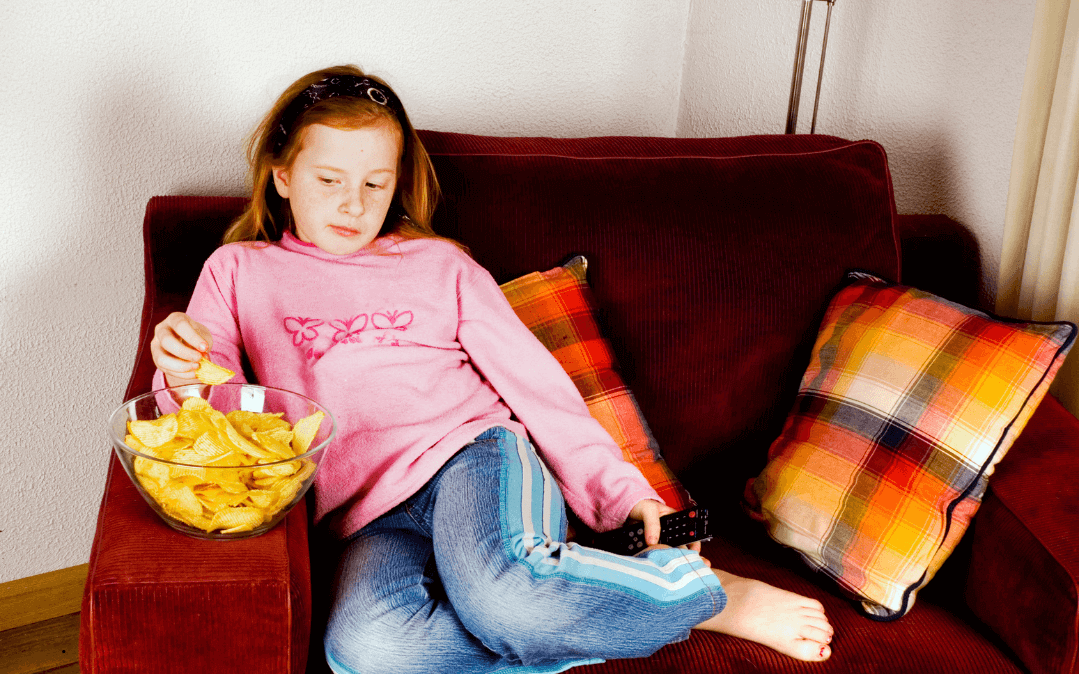Dr. Richa Bhatia
Childhood Obesity
Are Parents Responsible for it?
- Childhood Obesity is a growing concern in India. A recent study identified the following key findings:
- Prevalence of childhood obesity was estimated to be 8.4%, while prevalence of childhood overweight was estimated to be 12.4%.
- A study conducted in 2019 in Delhi reported a prevalence of 22.8% among school children.
- Male children were at a higher risk of developing obesity.
- Children studying in private schools were at higher risk, compared to those studying in government schools.
- Children of working women were found to be at 5 times higher risk, as compared to children of non-working women.
- Children with a family history of obesity were found to be 8 times higher risk, as compared to children of non-obese parents.
Role of Parents 
Several factors are contributing to increasing prevalence of childhood obesity in India, especially dietary habits and decreased physical activity. Parents not only give their genetic make-up to their child, they can also have influence through the way they parent their children.
Parents can also shape their child’s food preferences and eating behaviors by making sure that healthier options are readily available. For example, remove all chips and cookies from the cabinets and have fresh fruit readily available and visible. Studies have shown that parents who engage in healthier eating and activity habits themselves, are more likely to have children who mimic these behaviors.
The same principle works to decrease sedentary behaviors. Studies have shown that children with a TV in their bedroom spend an additional 1.5 hours per day watching television than children without a set in their room. Placing objects that encourage children to be physically active (like a jump rope or running shoes) in plain sight can also serve to remind them that there are other options for entertainment than the computer or TV.
Certain behaviors can have negative effects and should be avoided. Encouraging children to clean their plate, whether they are hungry or full, teaches them to ignore their own internal satiety cues. Once children become overweight, their ability to self-regulate intake may be altered; and additional regulation or monitoring of how much and what they eat may be necessary.
Using food as a reward can also have deleterious effects. While it is easy to promise children some ice cream if they eat their broccoli, this behavior can result in a tendency to devalue the broccoli and overvalue ice cream. In contrast, praising children for eating their vegetables may help to develop an intrinsic desire to eat healthy.
Restricting access to desired foods (especially if they are still visible to children) makes them more desirable. Think of a situation when a piece of cake is visible on the counter, but the children are not allowed eat it. When children later have free access to the cake, they will tend to eat it whether or not they are hungry.
One particular parenting style, the authoritative approach, has been associated with better child outcomes along many dimensions. These parents are emotionally involved with their children, but also express certain expectations. Interestingly, this parenting style has been associated with a lower prevalence of childhood obesity.
In conclusion, parents have a lot of control over their child’s home environment and their dietary and activity choices.



